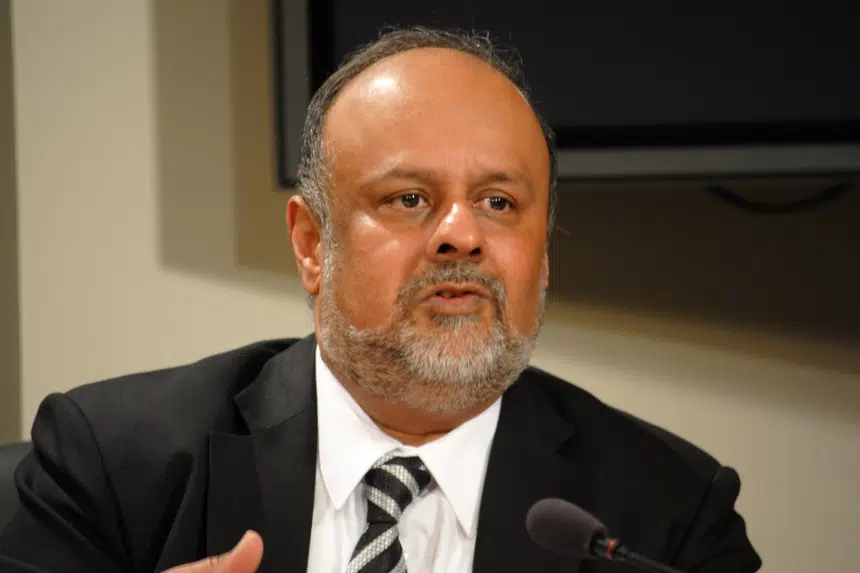The fourth phase could be over and done with sooner rather than later – Premier Scott Moe said he expects to announce the opening dates for the rest of the businesses in this phase early next week.
In his remarks Thursday, Moe said that, except for a couple of outbreaks, Saskatchewan has done a good job keeping numbers down and there were 12 active cases in the province aside from outbreaks.
Moe said he knows some people look at those numbers and wonder why all the doors can’t just be thrown open and all the restrictions removed.
“Trust me when I say I’d like to do that as much as anyone, but it is just not realistic because the risk of the spread of COVID-19 has not disappeared,” said Moe.
He pointed to some states in the U.S. which are seeing record high case numbers again after opening things up a bit.
At the same time, Moe said people shouldn’t be concerned about going out and doing things. He said they just need to strike a balance with measures like keeping your distance and washing your hands. He compared it to going out fishing – he’s not scared when he’s on his boat but he still wears his life jacket just in case.
“We’ve been so very successful thus far because of the smart, practical, common sense actions of the people of this province, so we need to keep that going,” said Moe.
COVID-19 antibody testing
Earlier this week Alberta’s government announced it would be putting millions of dollars into serological testing – testing to see if a person had COVID-19 antibodies instead of just testing to see if they have the live virus.
The premier said Saskatchewan is interested in that testing and they’ve had discussions about it.
Saskatchewan’s Chief Medical Health Officer, Dr. Saqib Shahab, said the Roy Romanow Provincial Lab is validating serological testing now.
Shahab explained you need to do 30 to 40 tests on patients who have recovered from COVID-19 and are at least three weeks out from the onset of symptoms and, because of the province’s low case numbers and low hospitalizations, it’s taking some time.
He said this kind of testing could be useful to find out if someone had the virus and have had to be admitted to the hospital for another condition getting worse, like lung or heart disease.
Shahab said there are also provincial and national plans to use this kind of testing to figure out how much of the population has actually been exposed to COVID-19.
“Given our low case numbers overall we think that is very low – certainly less than five per cent, maybe even less than one to two per cent,” said Shahab.
The numbers
Saskatchewan announced three new COVID-19 cases and five more recoveries on Thursday.
Two of the new cases are in the far north and one is in the Saskatoon region.
Those increased the province’s total to date to 759. One case that had been reported in the south region on June 18 was removed from Saskatchewan’s total because the individual lives outside the province.
The recoveries announced Thursday increase that total in the province so far to 648. To date, 13 Saskatchewan residents have died due to complications from the virus.
There are 98 active cases, with 54 in the far north, 32 in the south, 10 in Saskatoon and two in the north. Neither Regina nor the central region has a reported active case.
The number of hospitalizations nearly doubled from Wednesday’s report, increasing from five to nine.
Seven of those people — four in the south, two in the north and one in Saskatoon — are receiving inpatient care. There are two people in intensive care, with one in the north and one in Saskatoon.
Of the total number of cases, 458 are community contacts, 157 are travellers, 100 don’t have any known exposures, and 44 are being investigated by local public health officials.
So far, 55 healthcare workers have contracted the virus.
There have been 316 cases in the far north, 186 from the Saskatoon area, 112 in the north, 80 from the Regina area, 53 in the south and 12 from the central region.
The total number of cases comprises 260 in the 20-to-39 age range, 241 between the ages of 40 and 59, 130 people aged 60 to 79, 107 people aged 19 and under, and 21 people who are 80 and over.
There were 579 tests done Wednesday, increasing the province’s total to date to 62,435.







